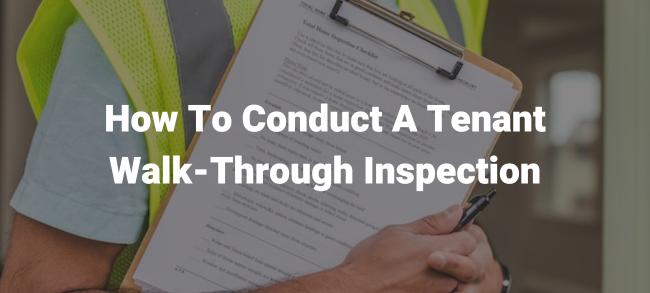Guide to Buying Tampa Investment Properties
Ready to buy Tampa investment property?
Investing in real estate has many great advantages that other types of investments just don’t provide. As the Tampa housing market improves, real estate investors reap the benefits of increased equity and positive cash flow. Plus, these gains are safe from state and federal income tax.
As a Tampa property manager we’re regularly involved with real estate investors. This has allowed us to see the many mistakes investors make when searching for an investment property in Tampa.
To help you avoid common mistakes when investing in Tampa property, here are some considerations to keep in mind:
Examine the Metrics
Before you invest, you need to assess the property’s ability to generate income. Explore all the factors that can either encourage or inhibit your opportunities for wealth. Some variables to consider are demographics, rates of vacancy, historical growth trends, how fast the population grows, what types of jobs renters hold, and the type of renters in the area.
If many of your renters work for the same employer, or in the same field and downsizing is happening, it could ultimately impact your tenant’s ability to make their monthly commitment to you.
Once you know the facts, it’s easier to determine if the Tampa property is the type you are looking for. Ask yourself what type of demographic you would ideally like to rent to – young professionals, families, or retirees – then purchase rental properties that these types of tenants would choose.
Decide on the Rent
Ultimately, when you buy a rental property, you want to earn an income from it. So, put some thought into it before you decide on a rental price. Perform a realistic assessment on it to see if you can profit from it. You can do this by calculating the amount of money you need from your investment and see if this property can generate that amount.
Make sure you familiarize yourself with the neighborhood. Look at comparable properties in your area. Examine what they are renting for and what the occupancy rates are.
Thoroughly Inspect the Property
It is critical that you thoroughly inspect the property that you are considering. This is something that many first-time investors fail to do, which can result in costly and seemingly never-ending repairs.
To ensure that your home is inspected thoroughly, hire a home inspector. A competent home inspector can evaluate the property and find any potential red flags. Some of the things to make sure you get a report on are the roof, plumbing, drainage, insulation, electrical systems, and smoke and fire sensors.
While it is possible to do this yourself, it probably isn’t a good idea. A professional opinion ensures that the property is safe, up to code, and inhabitable. It may cost a little upfront, but it will save you big in the long run.
Assemble a Network of Professionals
When you have reliable professionals and contractors to work with, it makes things go much smoother. However, it can be challenging managing all the different projects and experts. If this seems like more than you have the time or energy for, you can also hire a property management company to take care of it all for you.
Examine Your Cash Flow Carefully
When you decide to buy an investment property, you need to carefully examine any issues or costs that could impact your cash flow. Some factors to consider are ongoing maintenance and repairs, renovation costs and management expenses. Examine these costs and make sure that the income you make from rent can cover these and still leave room for profit.
Additionally, if you hire a property manager, you’ll need to include their fees as part of your expenses. Before you hire a property manager, make sure to ask questions and ask them for a list upfront of all their fees and services.
Determine Your Exit Strategy
Not only should you know when to buy rental properties, you also need to know when to cash them out. Having a good exit strategy with preset criteria will help you know when the time is right to sell the property at an optimal price.
Regardless of your reason for purchasing a property, always factor financing and renovation costs into your exit strategy. Some mortgages, for example, call for a balloon payment or adjustable rate after so many years. A good exit strategy in this type of case would be to sell beforehand.
Consider Your Options
Sometimes things do not work out as planned and your exit strategy fails. This could be the result of an overcrowded rental market or a number of other reasons. Fortunately, there are other options you can consider.
You could see, for example, if the current tenant would be interested in a lease-purchase deal. Or you could sell the property to another investor at a discounted rate. Either way, these options allow you to cut your losses.
Investing in Tampa rental property can be rewarding. Use these tips to help you avoid costly mistakes that many new investors make. For more information and expert guidance on buying investment properties in Tampa, a knowledgeable property management company can help. Give us a call today for more information!










